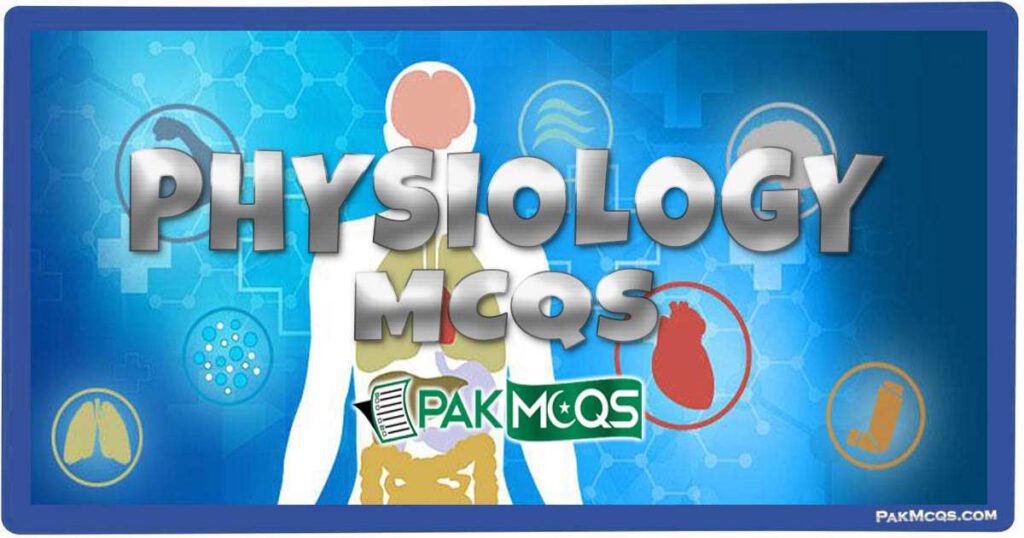A. Volume of the circulation per minute
B. Peripheral vascular resistance
C. Pulse Pressure
D. Total Capacity
Physiology Mcqs
 Physiology Mcqs for preparation. These Mcqs are helpful for Medical students. Physiology Multiple Choice Questions (MCQ) for entrance examinations and other competitive examinations for all Experienced, Freshers and Students.
Physiology Mcqs for preparation. These Mcqs are helpful for Medical students. Physiology Multiple Choice Questions (MCQ) for entrance examinations and other competitive examinations for all Experienced, Freshers and Students.
A. 1 to 4 m/sec
B. 5 to 8 m/sec
C. 9 to 12 m/sec
D. More than 12 m/sec
A. Reynolds number < 2000
B. Decrease in velocity of blood
C. Decrease in density of blood
D. Increase in diameter of blood vessel
A. Higher filtration pressure
B. Lower filtration pressure
C. Both of the above
D. None
A. The loudest sound is the diastolic pressure
B. Systolic pressure estimation tends to be lower than those make by palpatory method
C. The first sound heard is the systolic pressure
D. The sounds that are heard are generated in heart
A. Preload
B. After load
C. Heart rate
D. Myocardial contractility
A. is capable of generating impulses
B. Has rich sympathetic innervation
C. Has poor cholinergic innervation
D. Generates impulses at the highest rate
A. Reflex hyperpnea
B. Reflex Hypercapnia
C. Reflex tachycardia
D. Reflex Hypercapnia
A. Increases heart rate
B. Decreases myocardial irritability
C. Increases force of contraction
D. Increases oxygen uptake by heart
A. Isotonic relaxation
B. Isovolumetric relaxation
C. Isovolumetric contraction
D. Isotonic contraction

